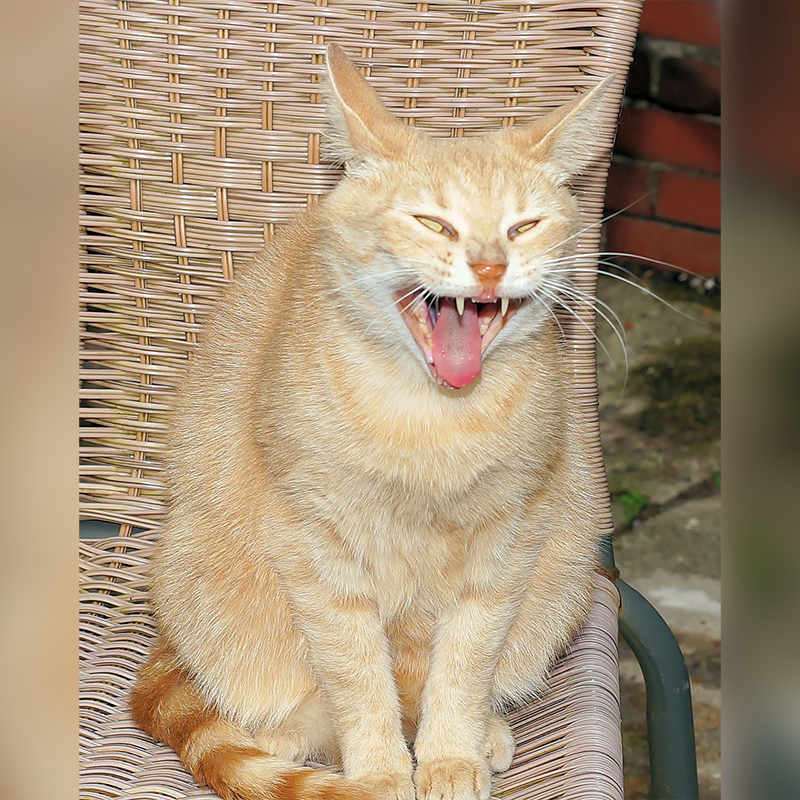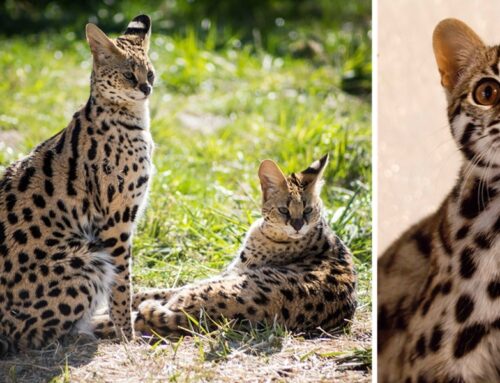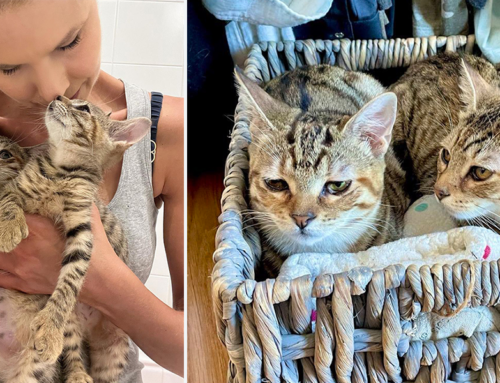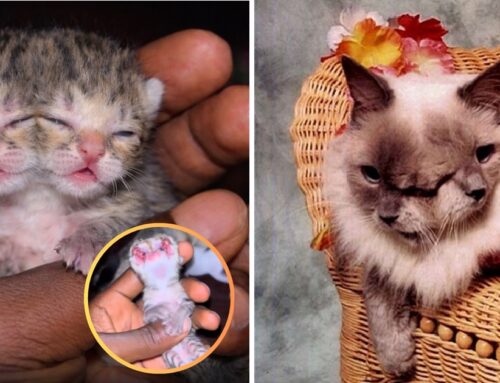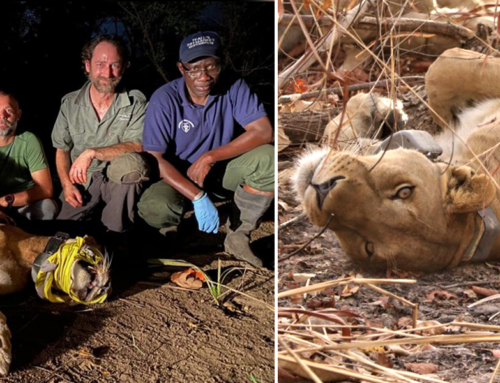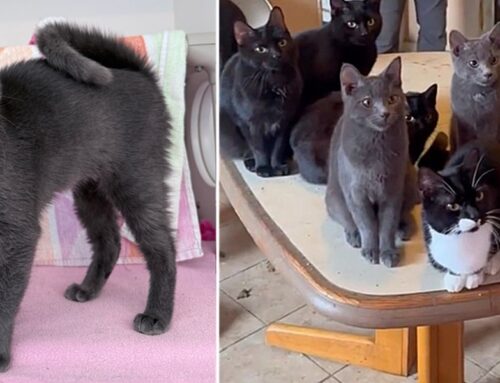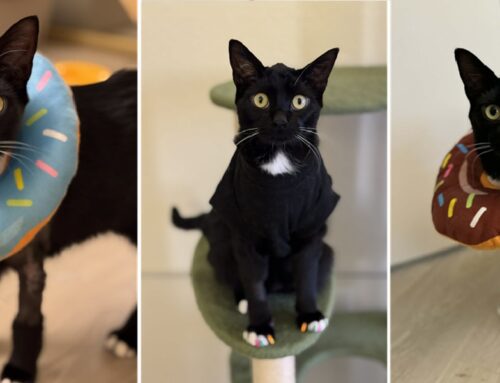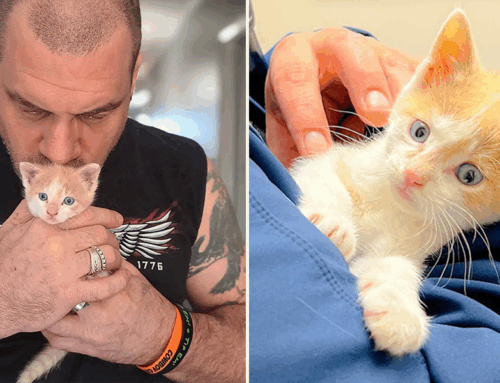Is your cat a psychopath? A study devised by a team of researchers suggests all cats may have an element of psychopathy. Notably, one of the researchers from the UK, Minna Lyons, described the team as “crazy cat ladies” who also study psychopathy in humans.
“… It’s likely that all cats have an element of psychopathy, as humans understand it,” the researchers told Vice’s Samantha Cole.
Long ago, cats’ wild ancestors had to survive by securing territory, food, and mates. Thus, traits that may fall into the psycho category may have served them well in the ruthless wilds. Otherwise, they may have soon perished.
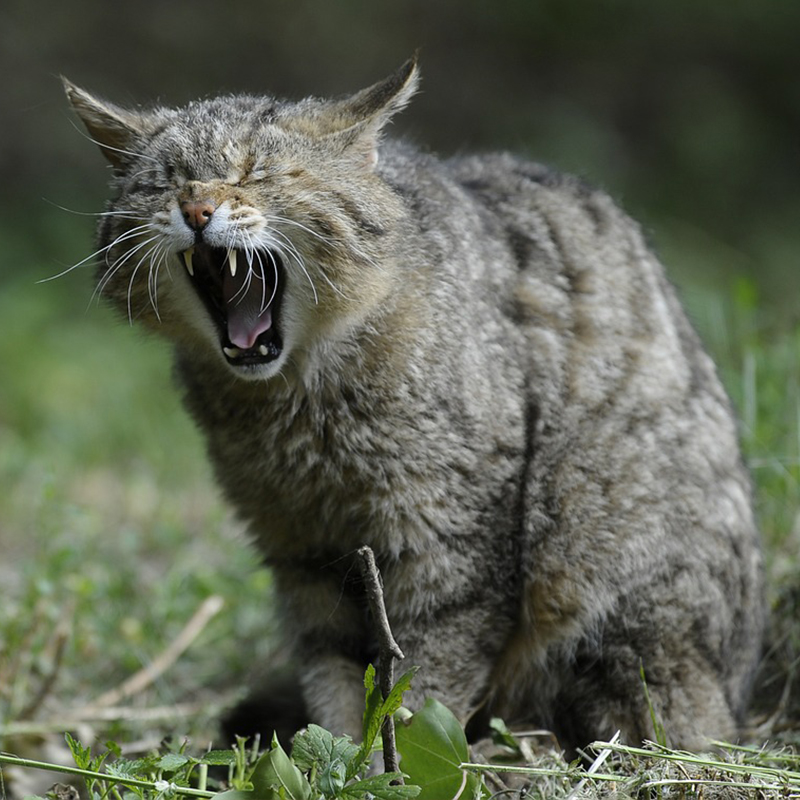
Wildcat via Pixabay, Pixabay License
Of course, couldn’t the same could be said for dogs, other animals, and indeed, for humans’ ancient ancestors? After thousands of years of domestication and civilization, wild animalistic behavior isn’t required for survival. Nevertheless, the traits may linger. For example, some 12% of leaders in the corporate world may be psychopaths. 😱
Criteria for a Psychopath Cat?
In some cats, the inclination to psychopathic behaviors may be more likely. It probably rings some bells for those of you with cats springing off the walls and howling for no apparent reason.
But what are the criteria? That’s what researchers from the University of Liverpool and Liverpool John Moores University attempted to create. As it turns out, they found the traits which measure psychopathy in humans emerged as the same ones they believe may indicate a psychopathic cat after surveying over 2,000 people owned by cats.
Under the triarchic concept of psychopathy, higher levels of boldness, meanness, and disinhibition could point to a psychopath. Then, two other traits emerged: human-unfriendliness and pet-unfriendliness.

Cat on stairs by SonjaLindberg via Pixabay, Pixabay License
A Cat Psychopath Questionnaire 😼🙀😾
If you’re wondering if your cat could be inclined to psychopathic tendencies, you can take the Cat Triarchic + questionnaire online. However, before taking it, it’s important to understand the goal of the study:
According to Science Alert:
“The ultimate aim of the study is to give us a better understanding of our cats. Those that score more highly for boldness might benefit from spending more time with scratching posts or climbing obstacles, for example.”
By understanding the cat’s tendencies, one can off outlets for all that wildcat energy.
“Unwanted cats are still often abandoned or left to shelters (where they may be euthanized), and the research team is hoping that a psychological study like this can help identify unwanted behaviors in cats, so owners can perhaps make adjustments to their environments or training accordingly.”
Therefore, your little wild panther may need a cat tree, more toys. As for the people you know, we can’t help you there. (Run away!)

Image by un-perfekt via Pixabay, Pixabay License
Related: 5 Easy Steps To Creating Your Own Cat Tree
Does Your Cat Purr While Attacking People?
As you look at the statements to rank in the survey, many of them are common sense. For example, it asks to rate how aggressive your cat may be towards new people, pets, and children.
Other statements are a bit more surprising such as:
“My cat purrs when attacking people/animals.” Yes, that one would be quite concerning.
Or, “My cat torments their prey rather than killing it straight away.”
Other statements seem more benign and displayed by most cats:
“My cat walks on/sits on items I am trying to sue (e.g. laptops, books).”
Or, “My cat disturbs people/ pets when they are resting (e.g. pounces o them to wake them up).”
Whose cat doesn’t do that? We assume some of you awoke to your cat alarm clock this morning. Others may be eyeing your cat as they walk on your keyboard right now.
What’s ‘Normal’ for House Cats Anyway?
Indeed, many of these statements may be considered “normal” for cats, so we suggest taking the survey with a grain of salt, or should we say a hairball? Keep in mind, evolutionary behavioral scientist Minna Lyons was inspired by her little demon cat, Axel. The researchers observed Axel’s wild behavior for a part of the study.
“My personal inspiration is my cat Axel, a fluffy and greedy little creature,” Lyons told Vice. “Axel is totally bold, and known to go into neighbors’ houses, cars, and garages to search for food,” Lyons said—a sign of a feline psychopath.”
For many cat lovers, the crazy antics of their little wildcats are all part of the fun. Their kooky behaviors certainly entertain us and bring out not a few of our own quirky moments. For more serious issues, your veterinarian or a cat behaviorist may give the insight you need to manage or correct the problems.

Cat by LeeLucy via Pixabay, Pixabay License
Featured image: Cat by LeeLucy via Pixabay, Pixabay License with Cat on stairs by SonjaLindberg via Pixabay, Pixabay License



